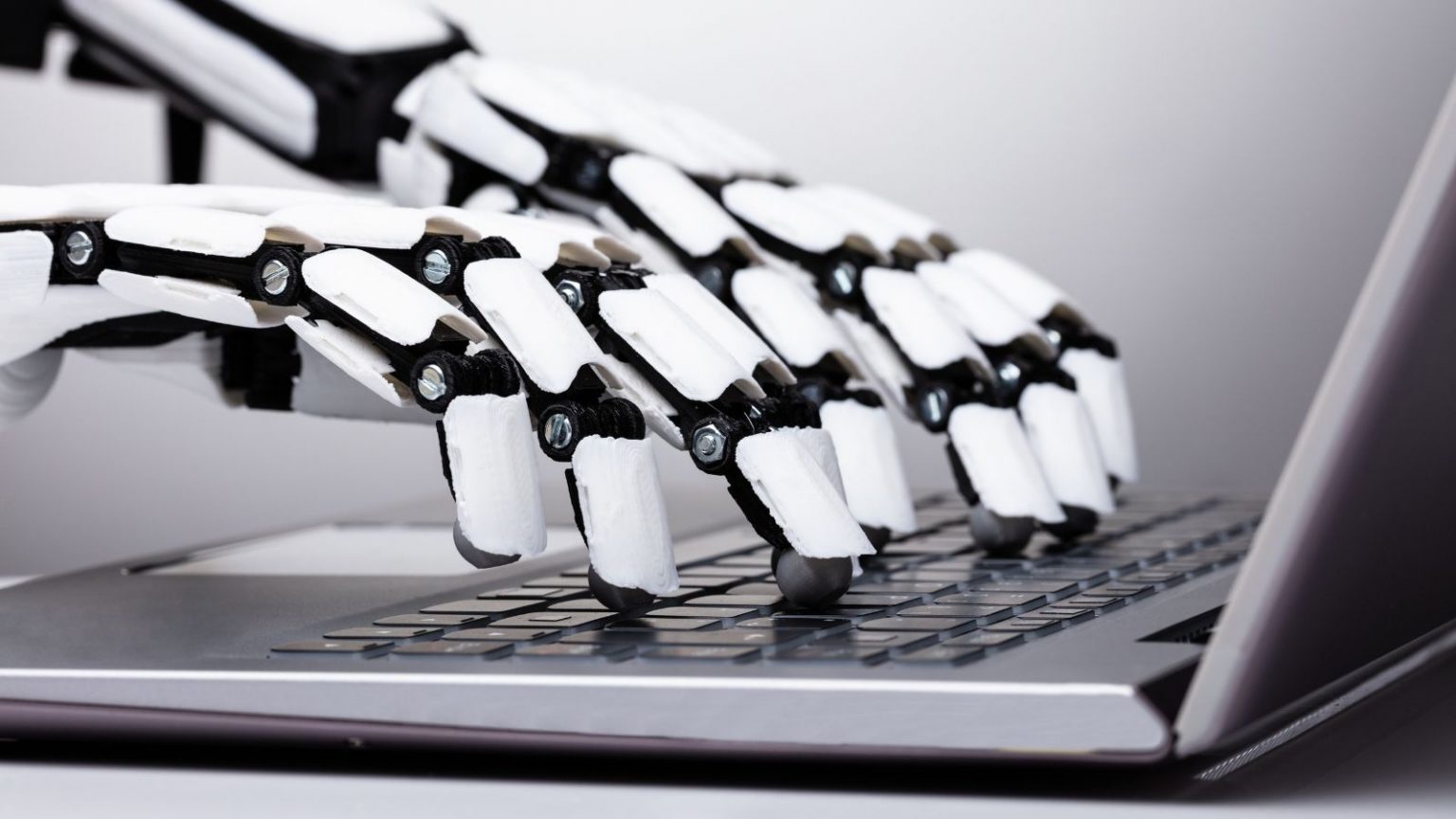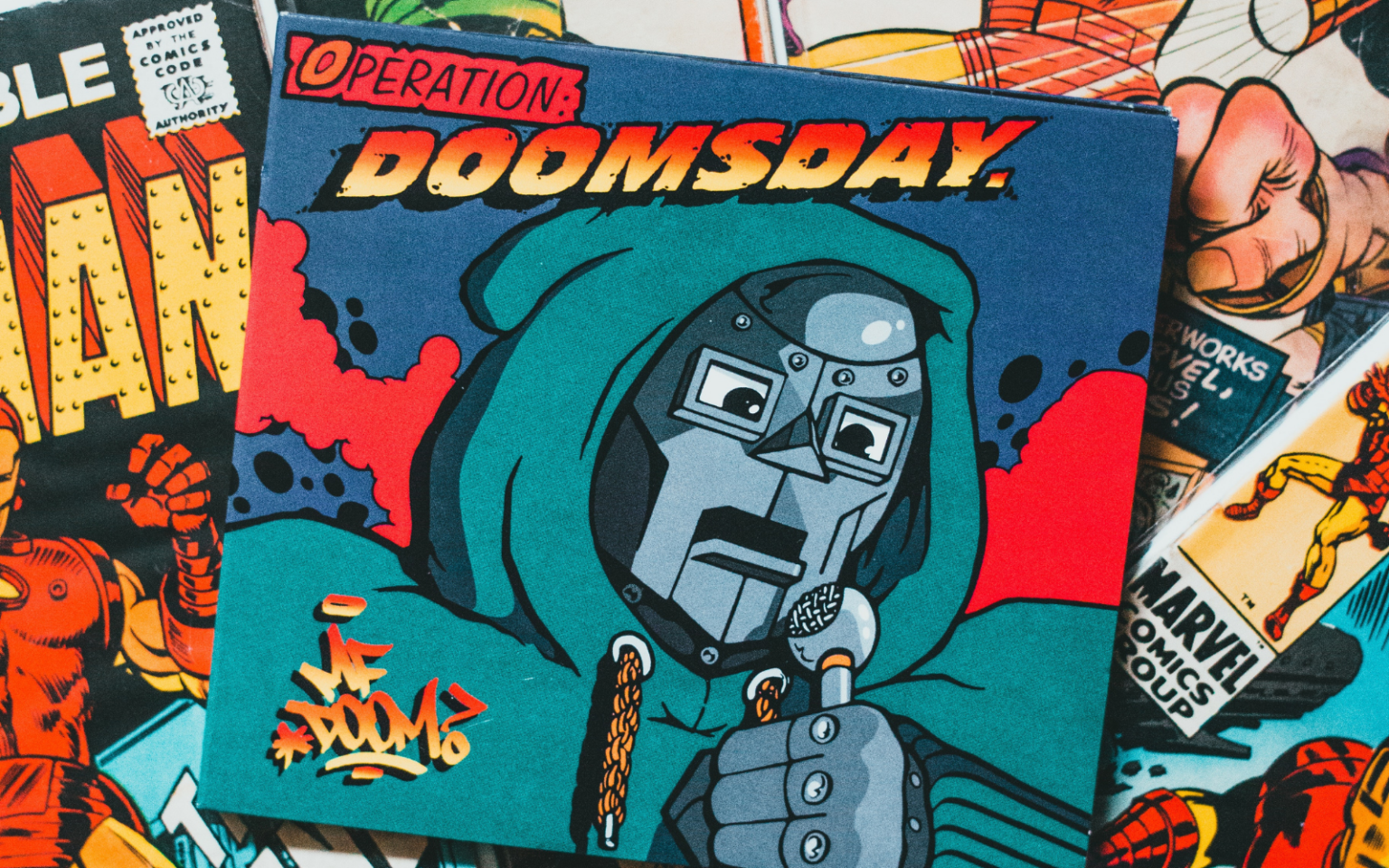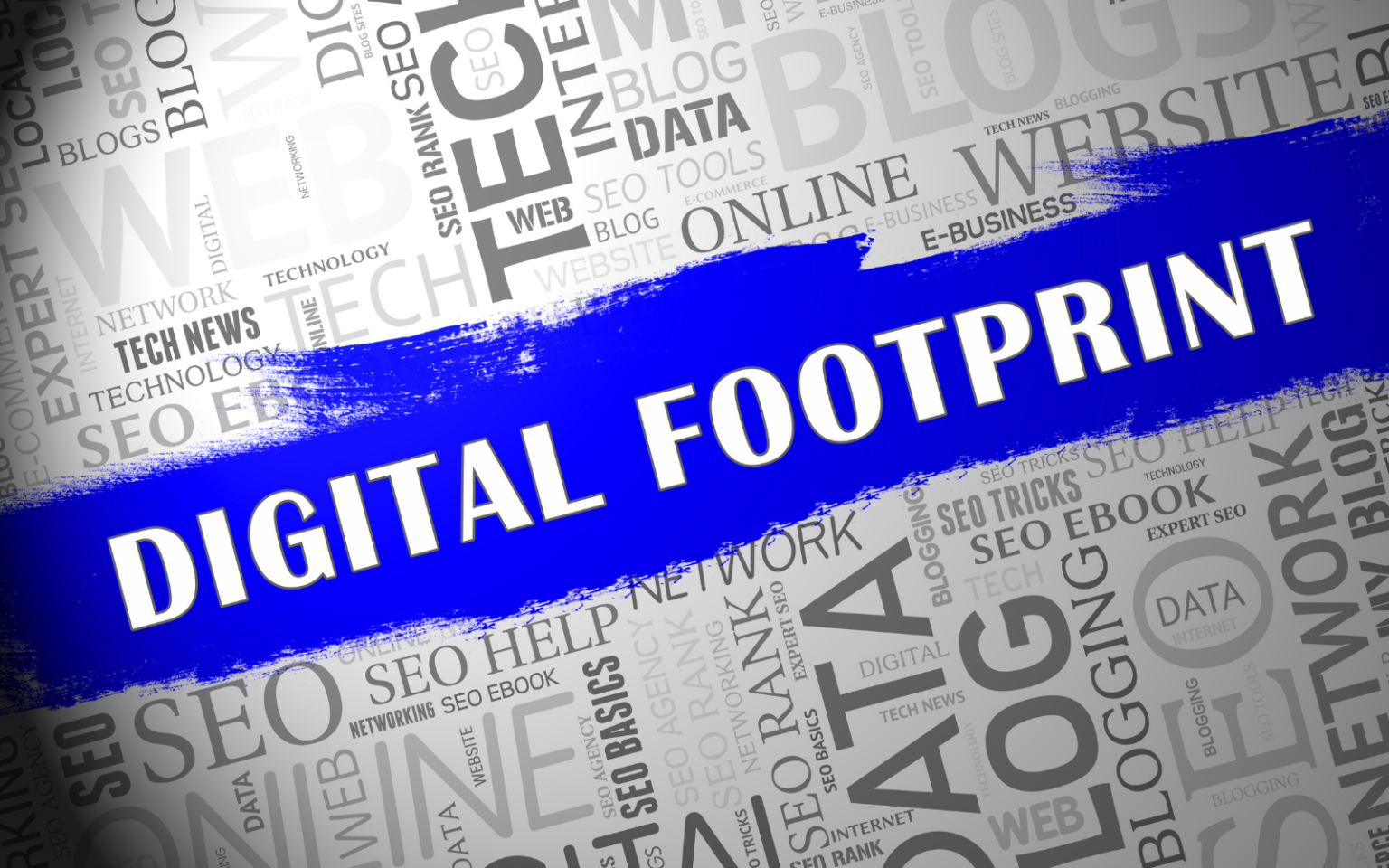Almost 400 years ago, in The Assayer, Galileo wrote: “Philosophy is written in this grand book, the universe … [But the book] is written in the language of mathematics.” He was much more than an astronomer, and this can almost be thought of as the first writing on the scientific method. We do not know who first started applying mathematics to scientific study, but it is plausible that it was the Babylonians, who used it to discover the pattern underlying eclipses, nearly 3,000 years ago. But it took 2,500 years and the invention of calculus and Newtonian physics to explain the patterns. Science Magazine looks…
Author: The Conversation
If you’ve seen photos of a teapot shaped like an avocado or read a well-written article that veers off on slightly weird tangents, you may have been exposed to a new trend in artificial intelligence (AI). Machine learning systems called DALL-E, GPT and PaLM are making a splash with their incredible ability to generate creative work. DALL·E 2 is here! It can generate images from text, like “teddy bears working on new AI research on the moon in the 1980s”. It’s so fun, and sometimes beautiful.https://t.co/XZmh6WkMAS pic.twitter.com/3zOu30IqCZ — Sam Altman (@sama) April 6, 2022 These systems are known as “foundation models” and are not all hype and party…
The current flooding in South Africa’s coastal city of Durban is dire and reports indicate that hundreds of people have died and thousands directly affected. Several months’ worth of rainfall have fallen in a day or so, and the effects have been catastrophic. The problem of floods in Durban is not new. Between 1980 and 2010, there were over 77 disastrous flood events in KwaZulu-Natal province and others. The flood events can be categorised as disastrous when lives are lost, people are displaced and property is destroyed. Floods have over the years become increasingly problematic, especially in the global south, because of high population…
When you use the internet, you leave behind a trail of data, a set of digital footprints. These include your social media activities, web browsing behavior, health information, travel patterns, location maps, information about your mobile device use, photos, audio and video. This data is collected, collated, stored and analyzed by various organizations, from the big social media companies to app makers to data brokers. As you might imagine, your digital footprints put your privacy at risk, but they also affect cybersecurity. As a cybersecurity researcher, I track the threat posed by digital footprints on cybersecurity. Hackers are able to use…
Organizations’ failure to properly manage the servers they lease from cloud service providers can allow attackers to receive private data, research my colleagues and I conducted has shown. Cloud computing allows businesses to lease servers the same way they lease office space. It’s easier for companies to build and maintain mobile apps and websites when they don’t have to worry about owning and managing servers. But this way of hosting services raises security concerns. Each cloud server has a unique IP address that allows users to connect and send data. After an organization no longer needs this address, it is given to another customer of the…
When astronomers dream of their ideal telescopes, it’s not that different to what people want from their TVs and computer monitors. Images they produce should be large and high definition, such as those from the Australian Square Kilometre Array Pathfinder (ASKAP), which have ~10k resolution (beyond the typical quality you get from digital TVs and digital cinematography). And they should have a high dynamic range, indicating high quality imaging with deep sensitivity to faint objects. But not every telescope can do it all. That’s why complementary science – using some telescopes for some tasks, others for different but related tasks,…
Two new Marvel heroes have been brought to the big and small screens that may be quite new to many people. The first is the titular character in the Disney+ series Moon Knight, starring Oscar Isaac, which is set in the main Marvel Cinematic Universe. The other is Morbius, an unlucky vampiric doctor, played by Jared Leto, who is the newest villain-turned-good-ish guy in the Sony Spider-Man Universe to get a film, after Venom. These are stories featuring violent male anti-heroes – who are also characters fairly unknown to the general public. When the first Venom was released, The Hollywood Reporter noted: “The MCU makes it…
How do planets form? For many years scientists thought they understood this process by studying the one example we had access to: our own Solar System. However, the discovery of planets around distant stars in the 1990s made it clear that the picture was much more complicated than we knew. In new research, we have spotted a hot, Jupiter-like gas giant in the process of forming around a star about 500 light-years from Earth. This rare babysnap of a planet actually in the process of forming, drawing down matter from a vast disk of dust and gas swirling around its…
Applying for a new (or first) job can be time consuming. The job application process, particularly for graduate schemes, involves multiple steps: tailoring your application, psychometric testing, interviews and participation in a day or more of assessments online or in person. The process can also involve intrusive scrutiny of your digital footprints. Behind the scenes, up to 80% of employers and recruitment agencies use social media content as part of their assessment of candidate suitability. Being open online about health conditions, addiction issues or pregnancy can adversely affect an applicant’s chances of success when applying for jobs, as can a profile which…
Just days before the Russian invasion of Ukraine, thousands of people in Canada joined a truckers’ protest movement called the “freedom convoy” to oppose government health measures. To support the protest movement organizers launched a fundraising campaign on the GoFundMe platform. However, the social funding platform seized the approximately $10 million in donations that were raised, alleging that the movement failed to both prohibit the promotion of violence and harassment and adhere to sanctions Canadian authorities had imposed. Organizers responded quickly by turning to the world of cryptocurrency to evade seizures and continue funding their movement. They raised nearly $1 million in a matter of days. This…










